By Marina Baldo.
Special nights and this. With the Plaza full, the most popular artists of the sixth moon, Raly Barrionuevo and Jorge Rojas, generated a host of emotions in the spectators. Pleasant surprises and encounters took place on the “Atahualpa Yupanqui” stage and there was also space for tributes.
After the harangue and the skill displayed by the Camin ballet accompanying the lyrics and music of the hymn to Cosquín, Carlos Alberto “Pocho” Sosa from Mendoza opens the night. The singer-songwriter celebrates 60 years of musical career and retraces various tunes on stage. To close Sosa says goodbye with the “Chacarera de las piedras” to remember and honor Atahualpa Yupanqui.
The grid continues with the southern singer and criollo decisor Adrián Maggi. In his words, he defends the country’s own traditions and denounces the burning of the mountain. He invites Ariel “Chaco” Andrada from La Callejera to come on stage and together they make “Postales del Monte”. Maggi had the opportunity to be on the main stage twice this sixth moon. His public required it and he responded with more southern singing.
The moment of homage arrives. This time it is Oscar “Cacho” Valles after 20 years of his death. Commanded by the musician’s youngest daughter -Leandra Valles- several artists such as Cuti and Roberto Carabajal, Miguel Navarro -from Los Quilla Huasi-, Leila Sosa, Fabiana Cacace among others performed songs by this author. In addition, the dance tribute was given by the Ballet “La Ribera” and the family was given a plaque to remember it.
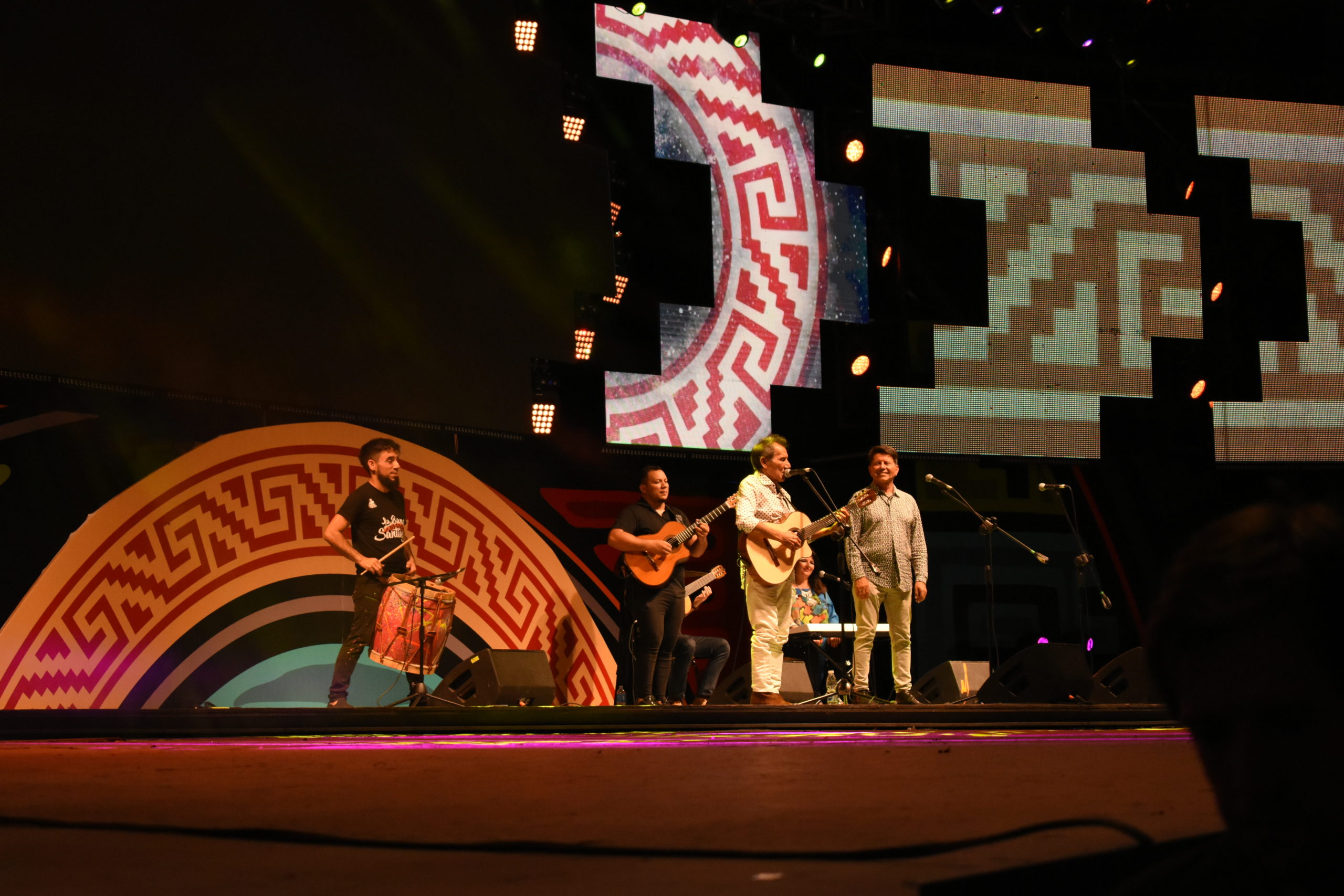
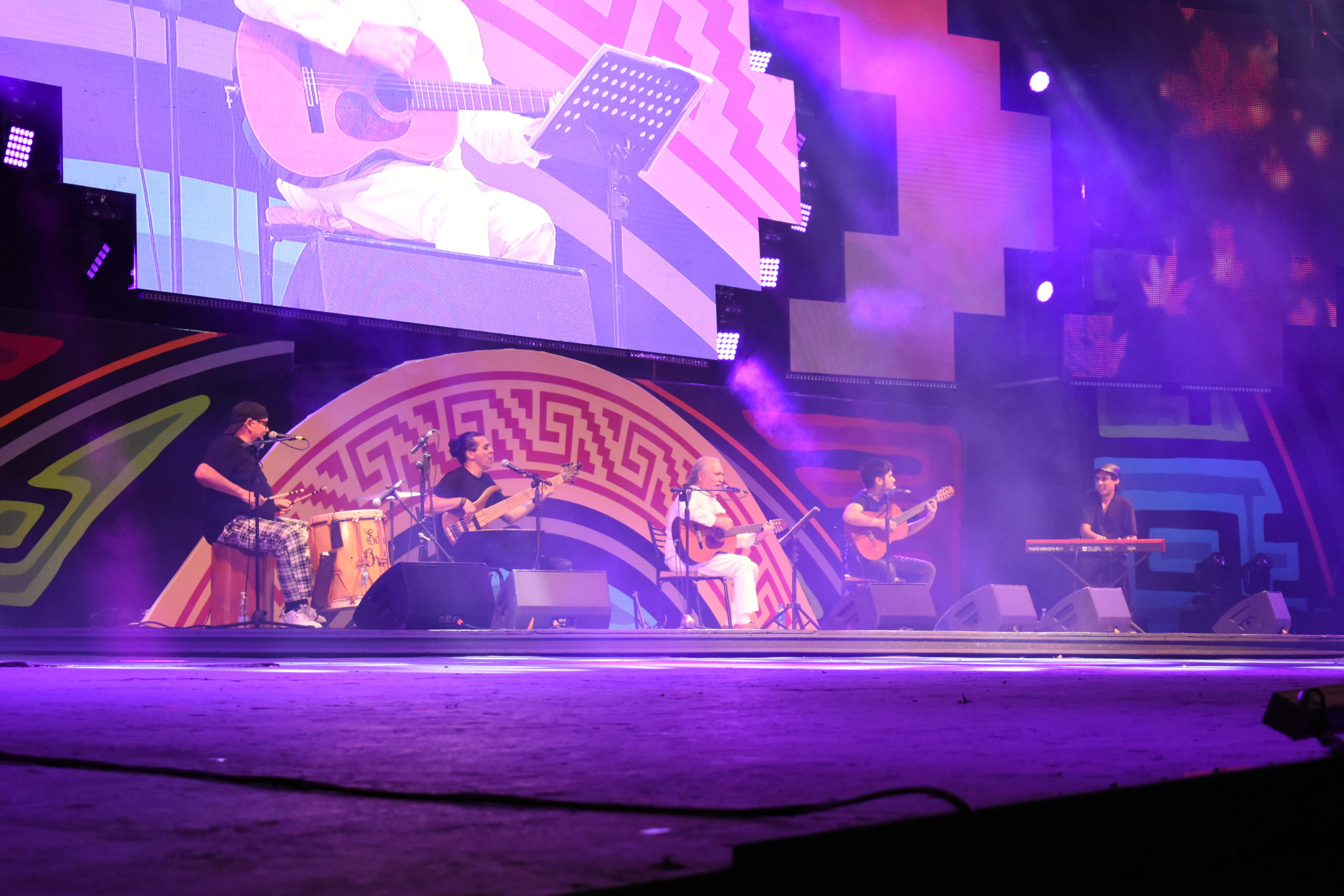

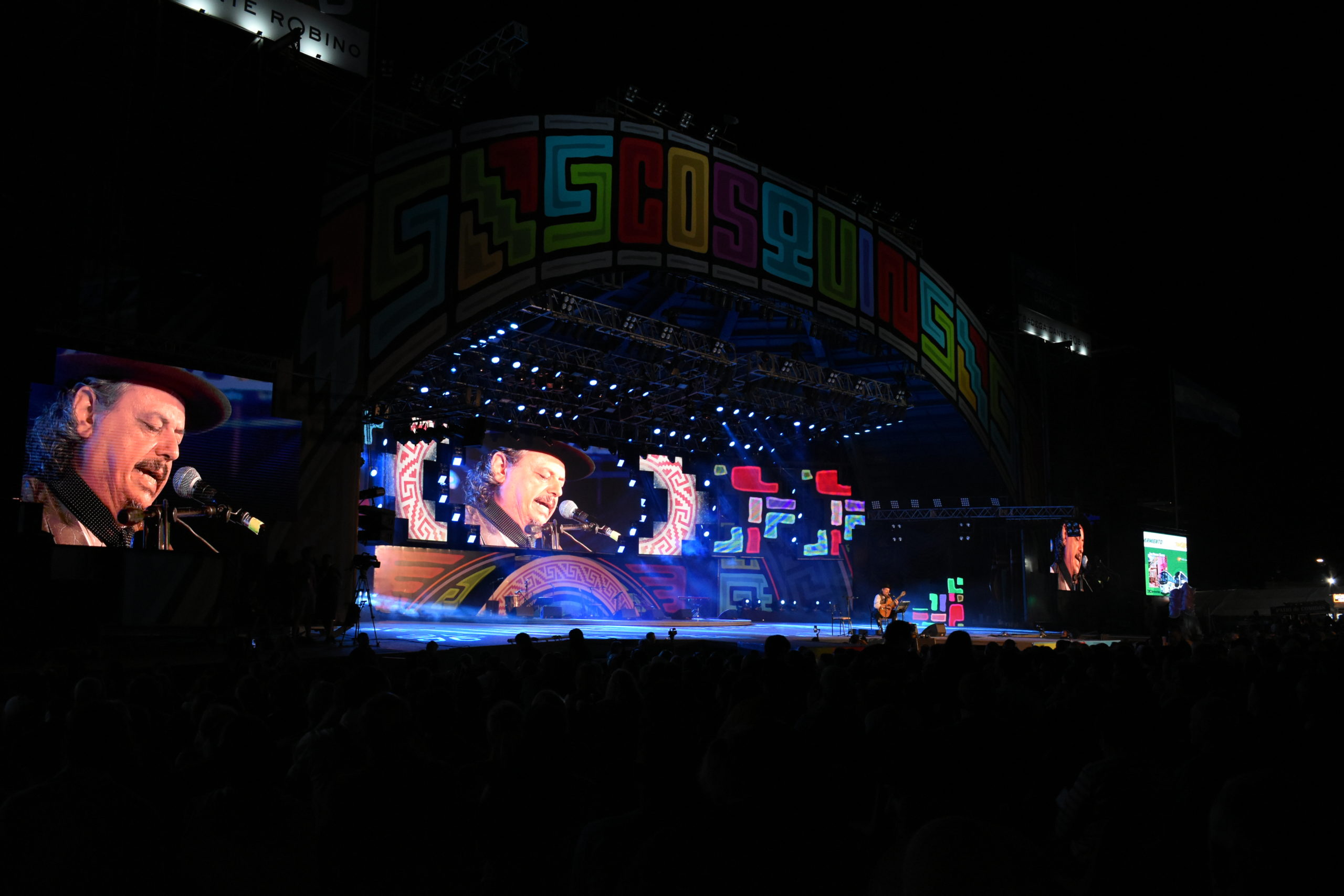

Roxana Carabajal’s voice rises on stage, inviting us to “put ourselves in the shoes of our land to heal it”. They play some songs and she invites her cousin Mariela Carabajal and Gabriel Jerés to sing along with them. Her show ends with “Alma de rezabaile” and a lot of thanks from the artist who did not hide the happiness of being at the festival once again.
Carlos Di Fulvio and Alberto Muñoz shine with their musical proposal “Coplas del Camino Real” dedicated to the people who dreamed and worked for this project. The artists interpreted part of the popular songbook of northern Cordoba.
Priscila Ortiz, the winner of the pre-ticking as female vocal soloist, took the main stage for the first time. She sang zambas by Cafrune and Yupanqui and a chaya by Ramiro González and the people enthusiastically accompanied her with clapping.
A pleasant surprise was seeing Maggie Cullen, the 22-year-old who was a semifinalist on “La Voz Argentina” and who sings folklore in a fresh and genuine way. Maggie was very excited to be in Cosquín “a place where so many people I admire have been and are,” said the young woman. An outstanding moment was her when she performed a very heartfelt interpretation of the song “Canto versos” by Jorge Fandermole.
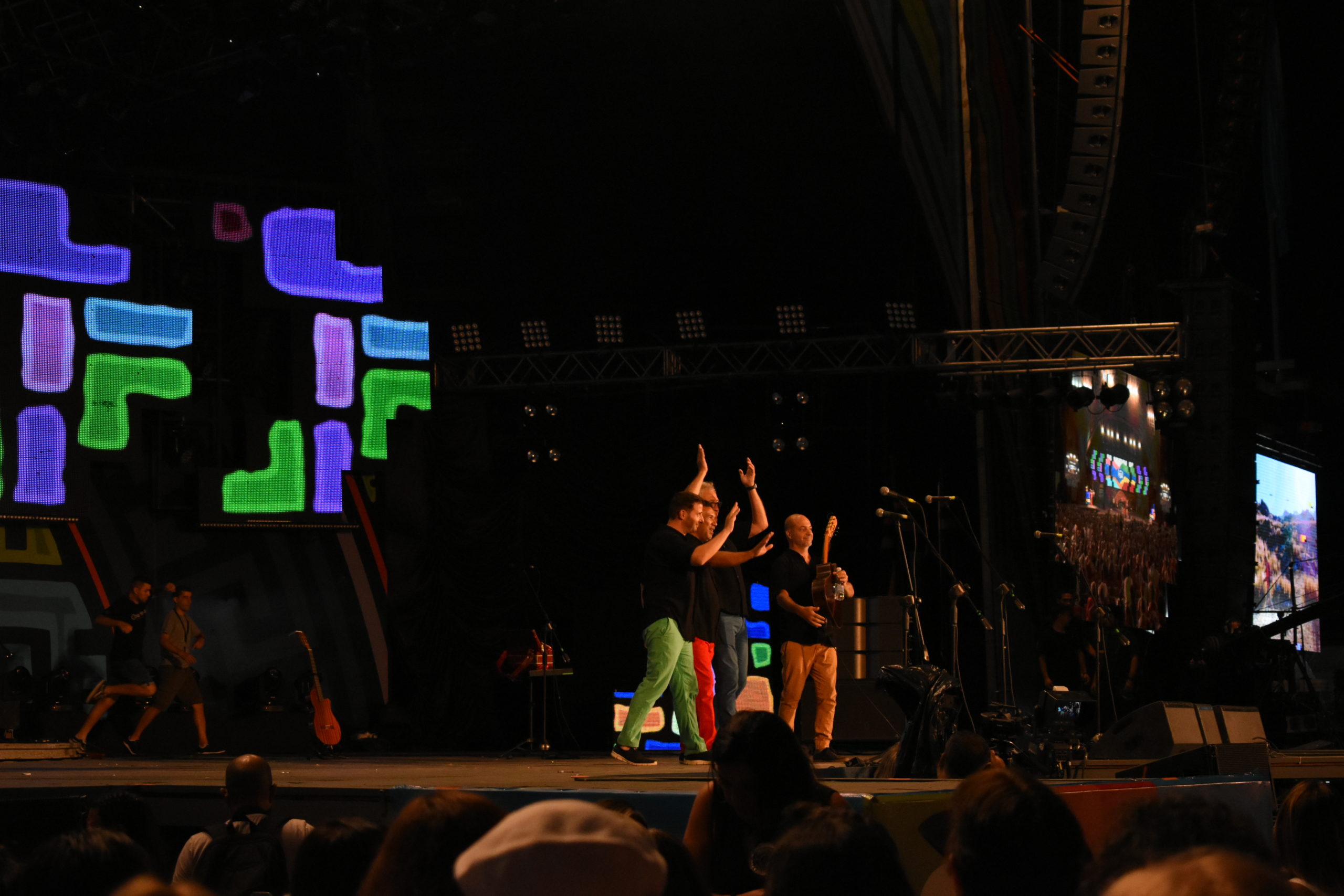

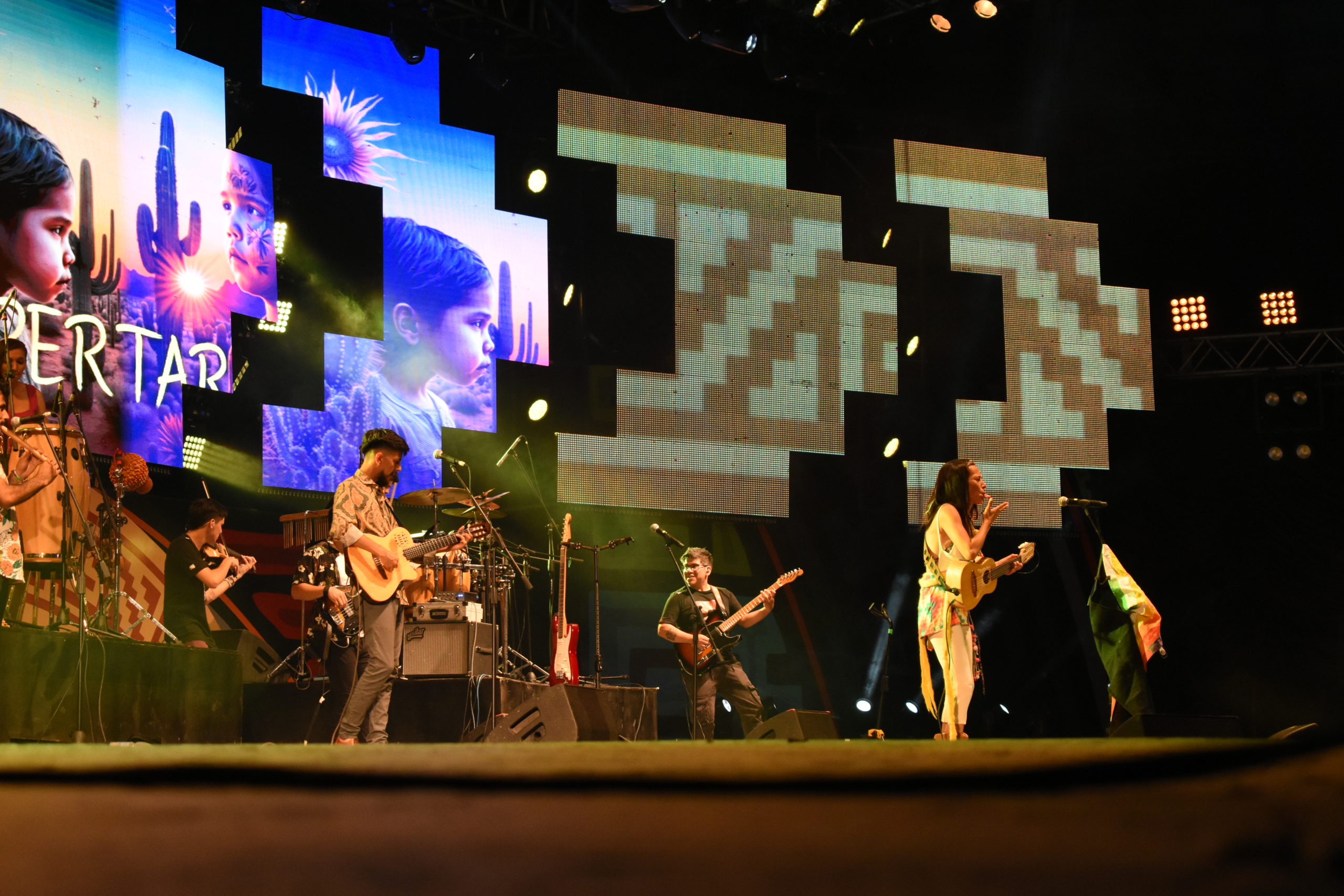

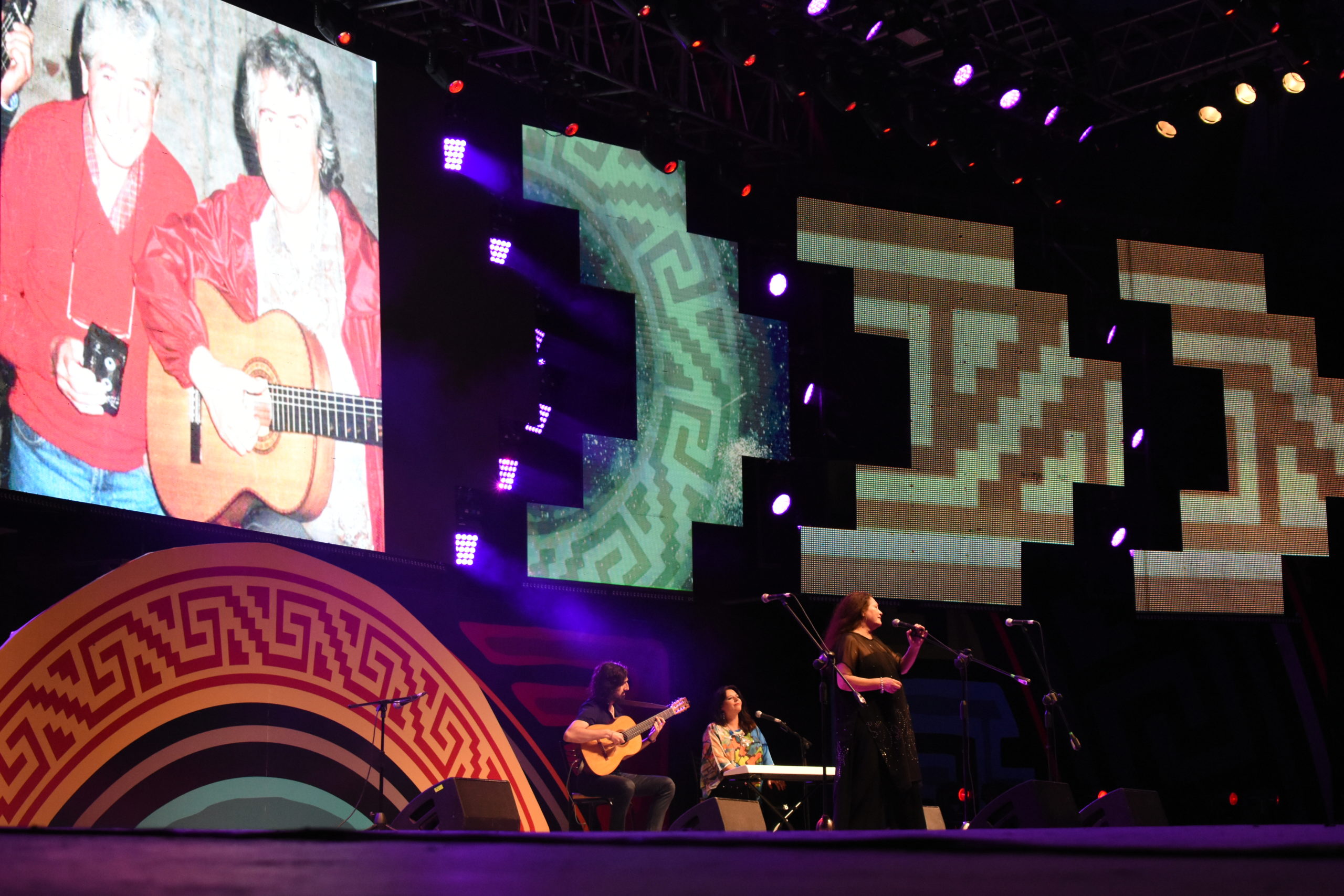

The moment awaited by a large part of the Plaza Próspero Molina has arrived. Raly Barrionuevo appears and begins to retrace songs that resonate deeply with the public. The Rally “without a script” not only surprises us with its intimate musical proposal: with guitars, bass drum and piano, all performed only by him. He begins to sing “Zamba de usted” and Jorge Rojas joins in. All the people applaud and shout with emotion and Jorge, before leaving, thanks the artist from Frías and expresses his admiration for him. As if the excitement wasn’t enough, a new zamba arrives that is highly requested by everyone, a zamba that Raly wrote when he was very young but that moves because of how fresh and simple it is: “Zamba y Acuarela”. More surprises are coming on stage: “La Sole” arrives to sing this zamba. Those were very exciting moments when we saw them share the stage. Barrionuevo said “we are really happy to be here, can you tell?” And of course it shows, it’s beautiful to see artists who offer themselves to their audience and who generate unique moments sharing music with peers. This has Cosquín and it is something that should never be lost, the magic of encounters.
Raly continues singing “Niña de los andamios”, “Seremos Agua” with a message in defense of the mountains and nature, “Chacarera del Exilio” and tells her audience that she cried with emotion before going on stage and is very hard to sing like that She is closing her show and the entire square applauds and asks for another one. She ends with “Ey Paisano” a song with a strong social content, a painting of what the artist thinks about the current context.
The “Karé” Vocal Quartet goes on stage and the closing of the night is coming. Those of us who inhabited the square that night were very expectant, it seemed that another meeting was going to take place, that there was going to be another invitation, another moment shared between the artist from Salta and the artist from Santiago del Estero. We had to wait a bit but it happened.
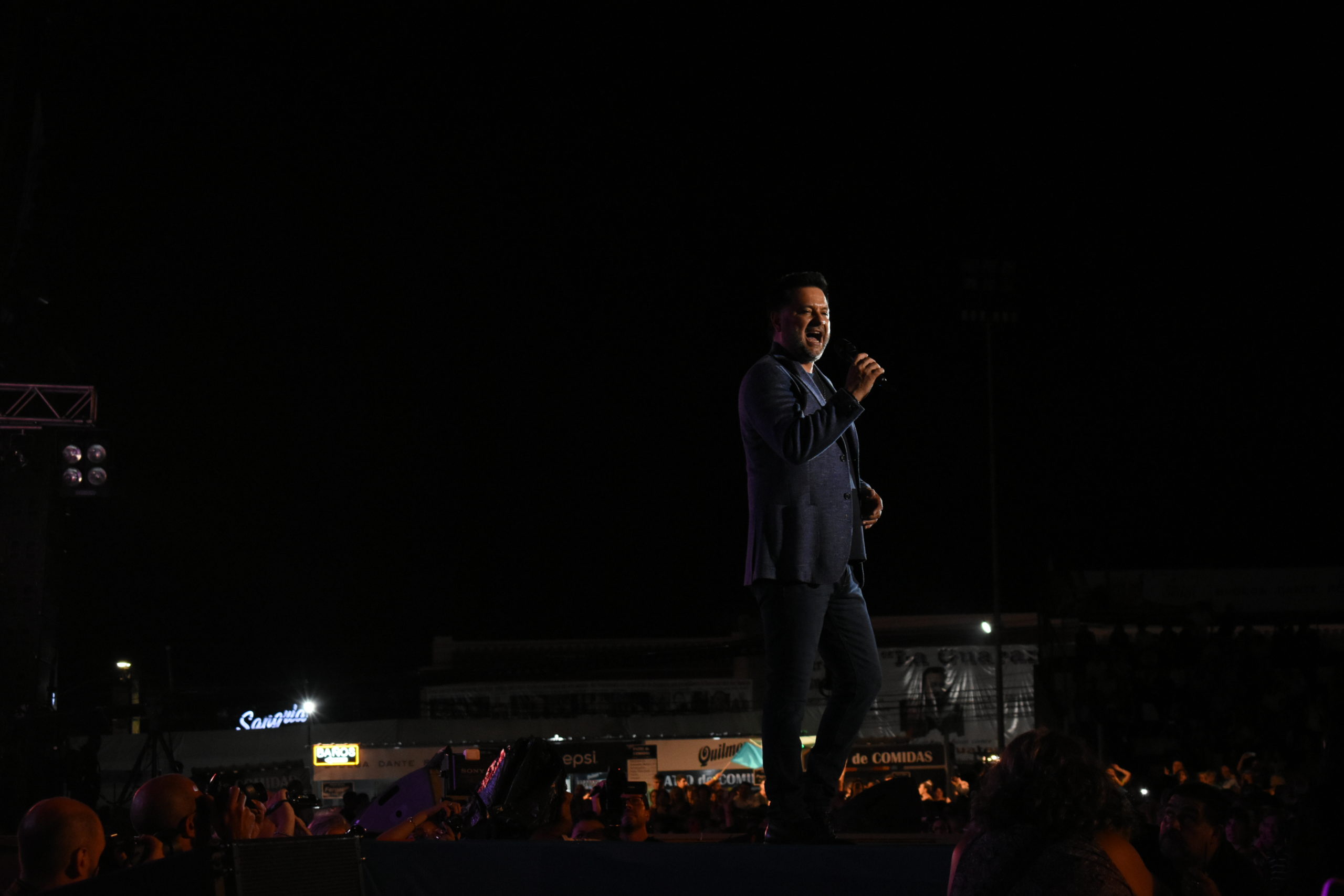

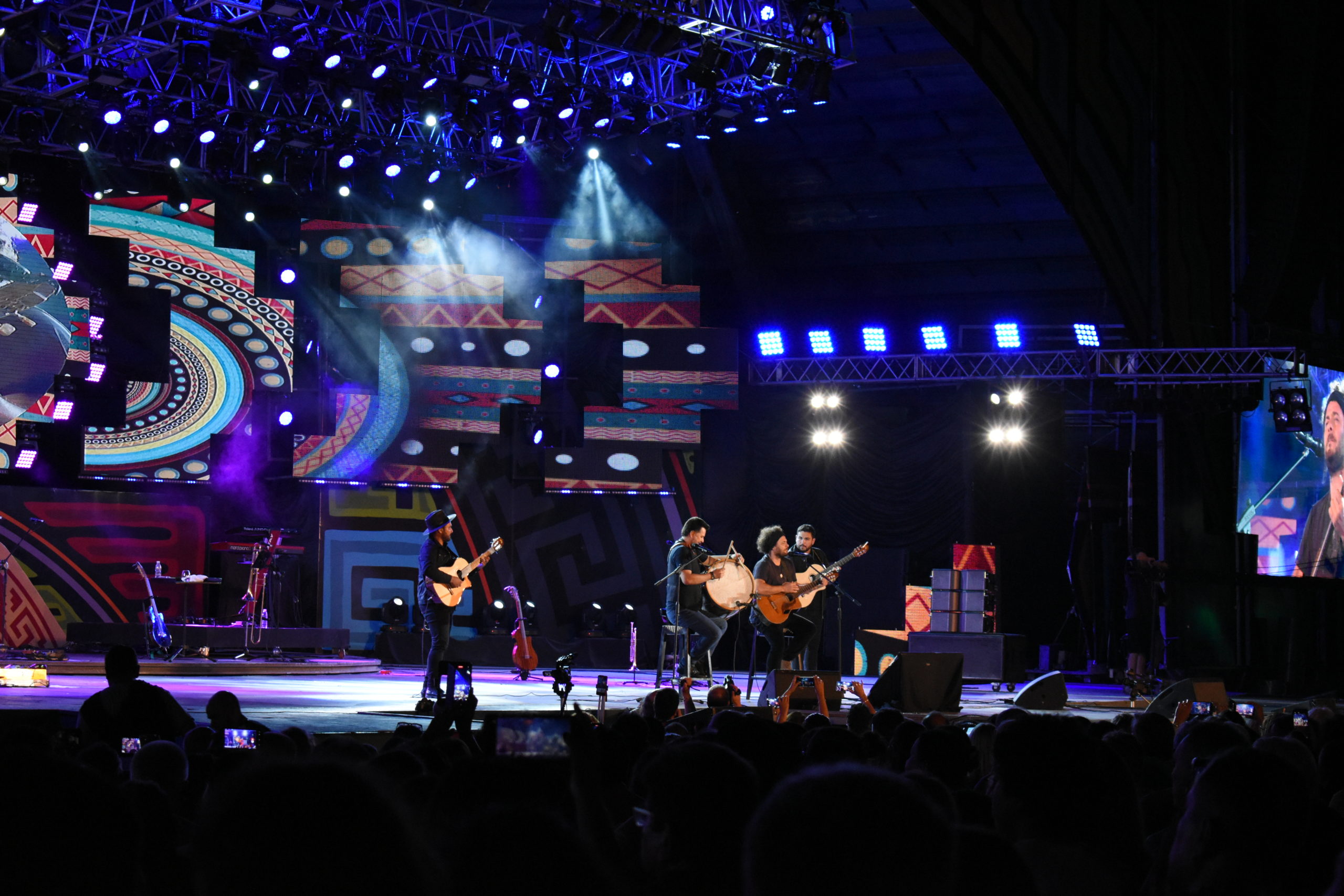

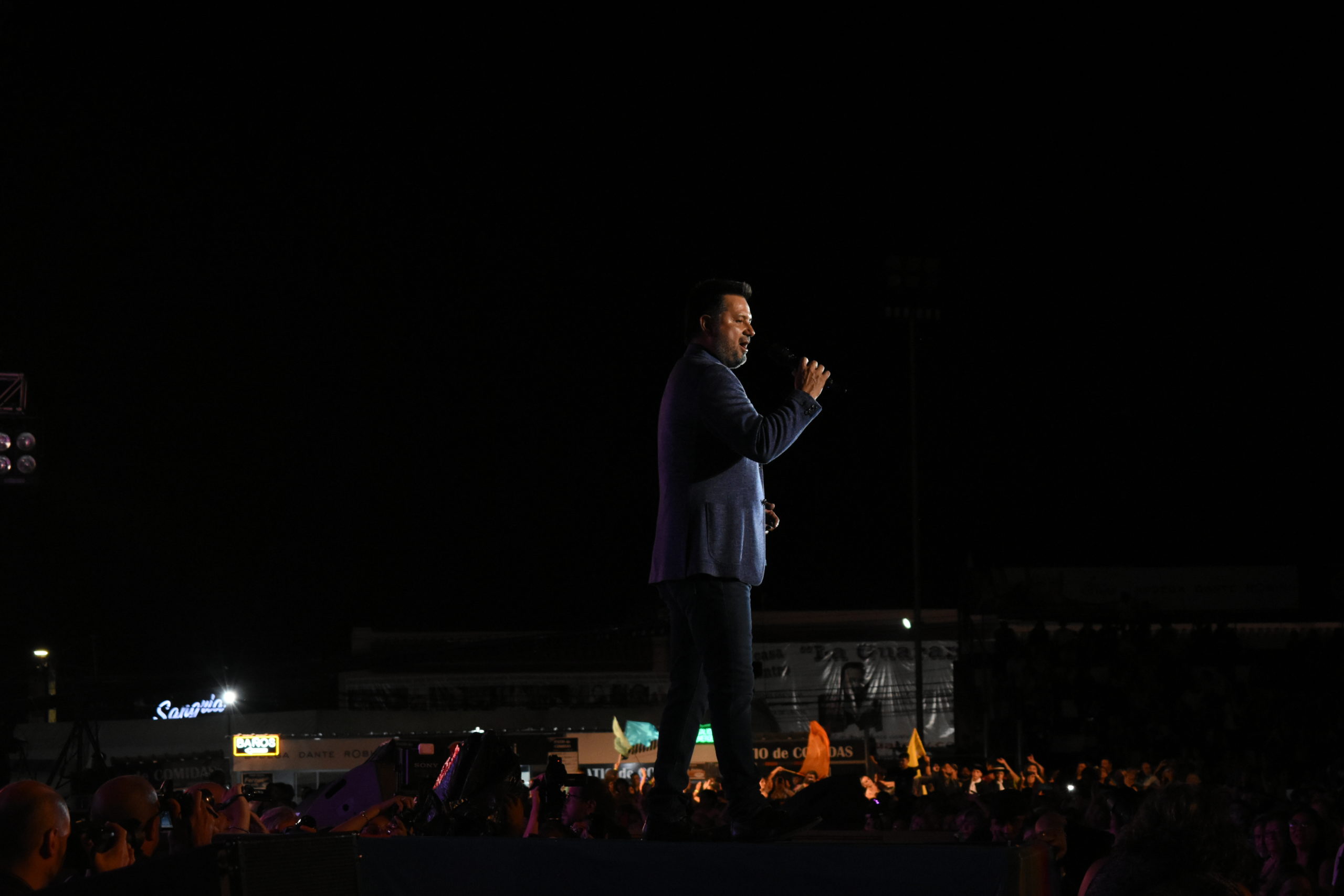

Jorge Rojas began singing songs from his most recent albums, going through chacarera classics such as “La Yapa” and “Guitarra compañera”, he made a similar journey to the one he has carried out in his recent shows. And then the meeting that nobody expected occurs but after seeing it a while before in Raly Barrionuevo’s space, we all expected it to be repeated after a while. The artist from Frías takes the stage to share much more than a musical theme. And Rojas explains to the public how this meeting came about. Because, let’s face it, it never occurred to us that these two singer-songwriters would ever share the stage. His musical proposals are quite different, his work logic in the musical environment and his lyrics as well. However, Cosquín and life brought these excellent and valuable artists together. The former member of “Los Nocheros” recounts that one day he went to visit Raly in Unquillo, they began to return visits and share music, play for hours and chat. This is how it seems that the historic meeting that we lived on the sixth moon of Cosco was gestated.
Breaking with prejudices, generating surprise and admiration in those present, these two greats created a historic meeting.
How beautiful when these things happen and even more so when the setting is this historic festival! Hopefully these moments will be repeated and the antagonistic will not be an impediment to share music and to discover that there are elements that unite.
The seventh moon also bets to be very convocative: Sergio Galleguillo and El Chaqueño Palavecino will add color and chacarera to “Atahualpa Yupanqui”.

